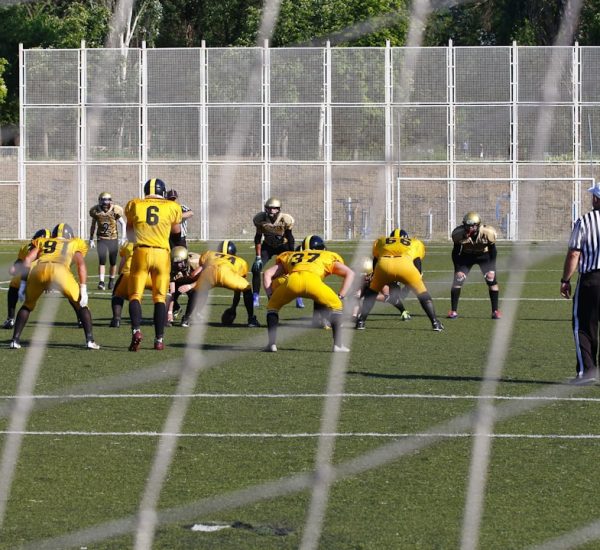Football betting is more than just picking your favorite team and hoping for the best. There’s a world of psychological twists and turns hiding behind every bet. Whether you’re a casual punter or a weekend warrior, your mind plays a bigger role than you might think.
Let’s explore the fun (and sometimes tricky) psychology behind football betting.
The Thrill of the Game
Every kick, goal, and corner can send a pulse through your body. Why?
Dopamine! It’s a brain chemical that kicks in when you’re excited or chasing a reward. Watching a live match while having money on the line makes it even more intense.
This spike in excitement creates what’s called a “reward loop.”
- Place a bet
- Feel the thrill
- Win or almost win
- Desire more thrills
This loop is fun. But it can also be risky if you’re not careful.

The Illusion of Control
Many bettors feel they can “predict” outcomes using stats, past performances, or gut feelings. This leads to the illusion of control.
You feel like you can outsmart the game. But let’s be honest—football is chaotic. A red card, last-minute goal, or slippery pitch can change everything.
This false sense of control adds confidence. Too much confidence, sometimes.
The Gambler’s Fallacy
This is a big one! Ever thought, “This team has lost five times—they’re due for a win”? That’s the Gambler’s Fallacy.
It’s the belief that past events will influence future ones, even when each match is independent.
It makes you place risky bets based on nothing more than gut instinct. Fun? Yes. Smart? Not always.
The Pain of Losing
Let’s talk about losing. Yikes.
Our brains feel losses harder than wins. This is called loss aversion.
That one bad beat can hurt way more than five small wins feel good. And because of this, bettors often chase their losses, trying to “get it back.” That’s where things can spiral.
Anchoring and Recent Bias
Your brain loves shortcuts. One shortcut is called anchoring.
If you hear a team beat their rival 5–0 last week, you might anchor on that result and expect them to crush the next team too. This ignores context, like injuries or playing away from home.
Recent bias also plays a part. We give more weight to what just happened, even if it’s not relevant.

Overconfidence and Hot Hand
Win a few bets in a row? You might feel unbeatable. This is the overconfidence effect.
You trust your picks more. You bet bigger. Then reality reminds you: football is unpredictable.
There’s also the hot hand fallacy—believing a team or player “on fire” will keep scoring endlessly. Spoiler: even the best strikers have dry spells.
Social Bragging and Groupthink
Let’s face it—telling your friends about your betting wins feels great.
- It’s fun to brag
- You feel smarter
- You get respect (and maybe a pint!)
But this leads to groupthink. When everyone thinks a bet is smart, we often follow along—even if it doesn’t make sense. This herd mentality clouds your judgment.
Tips to Stay Smart
Betting should be fun, not stressful. Here are some mental tricks to stay sharp:
- Set a budget and stick to it
- Don’t chase losses
- Take breaks during losing streaks
- Track your bets to spot patterns
- Think with your head, not just your heart
Your brain wants excitement. That’s okay. But giving it too much control can be dangerous.
Final Whistle
Football betting plays on your emotions, instincts, and psychology. It gives a thrill, no doubt. But understanding the why behind your betting decisions can make the game even more enjoyable.
Remember, betting isn’t about being right all the time. It’s about being smart, staying aware, and—most importantly—having fun.
 football psychology decision making emotion[/ai-img>
football psychology decision making emotion[/ai-img>So next time you place a bet, ask yourself: is your brain making the choice—or your heart?



